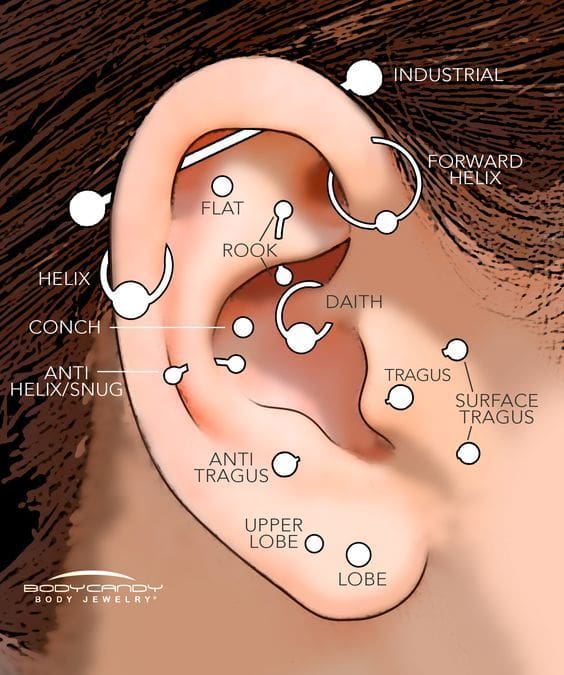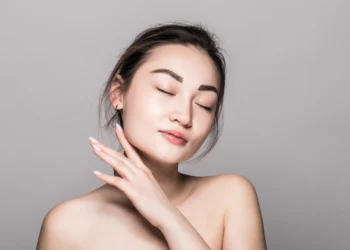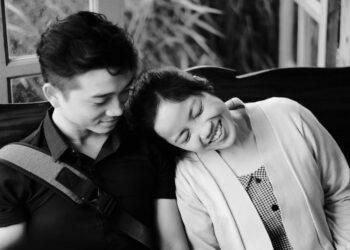Not many would have predicted that an ear piercing would become the most talked about “cure” for migraine, but in recent months that’s exactly what has happened. Stories of people getting a daith piercing in a bid to relieve them of migraine have gone viral.
A daith piercing is an ear piercing in the innermost cartilage fold of the ear. Advocates say it works in the same way as acupuncture, targeting pressure points on the body’s surface to ease discomfort.
@EbaeJordan the daith piercing is a pressure point to reduce headaches and migraines! I just got mine done ! pic.twitter.com/hIOEAubbXQ
— amk924 (@AMKlueg) May 19, 2015
Acupuncture works by stimulating nerves under the skin and in muscle tissue. This results in the body producing pain-relieving substances, such as endorphins. It is likely these substances are responsible for any beneficial effects seen with acupuncture.
Many people on social media have come forward to share their positive experiences of getting a daith piercing, including Caitlin Fladager.
So, does the piercing really work?
“There isn’t a lot of hard science behind the correlation between daith piercings and headache relief. Some people have found relief with this method, but it certainly won’t work for everybody,” Dr Thomas Cohn, who specialises in pain relief, writes in a blog.
He goes on to explain that although daith piercings appear to be a recent trend, the “location of the piercing has actually been targeted by acupuncturists to help cure headaches” in the past. “Acupuncturists target this area during sessions, and many people experience short-term headache relief after treatment,” he says.
Simon Evans, CEO of Migraine Action, also points out that daith piercings may not work for everyone.
It’s always a good thing when people gain some measure of relief from their migraine. Unfortunately what works for one person can make the condition worse in others, so we have to treat this with a degree of caution, especially in these very early days after the procedure has been done.
“As with any technique we would welcome the results of a clinical trial so it can be considered properly, to allow for a full understanding of the long term implications and effects of the piercing on patients. We would highly recommend that all migraine patients continue with the treatment that has been prescribed by their medical professional.”
He also suggests other treatments, including acupuncture and changing sleeping patterns and diet, may have an impact.
[Source]











